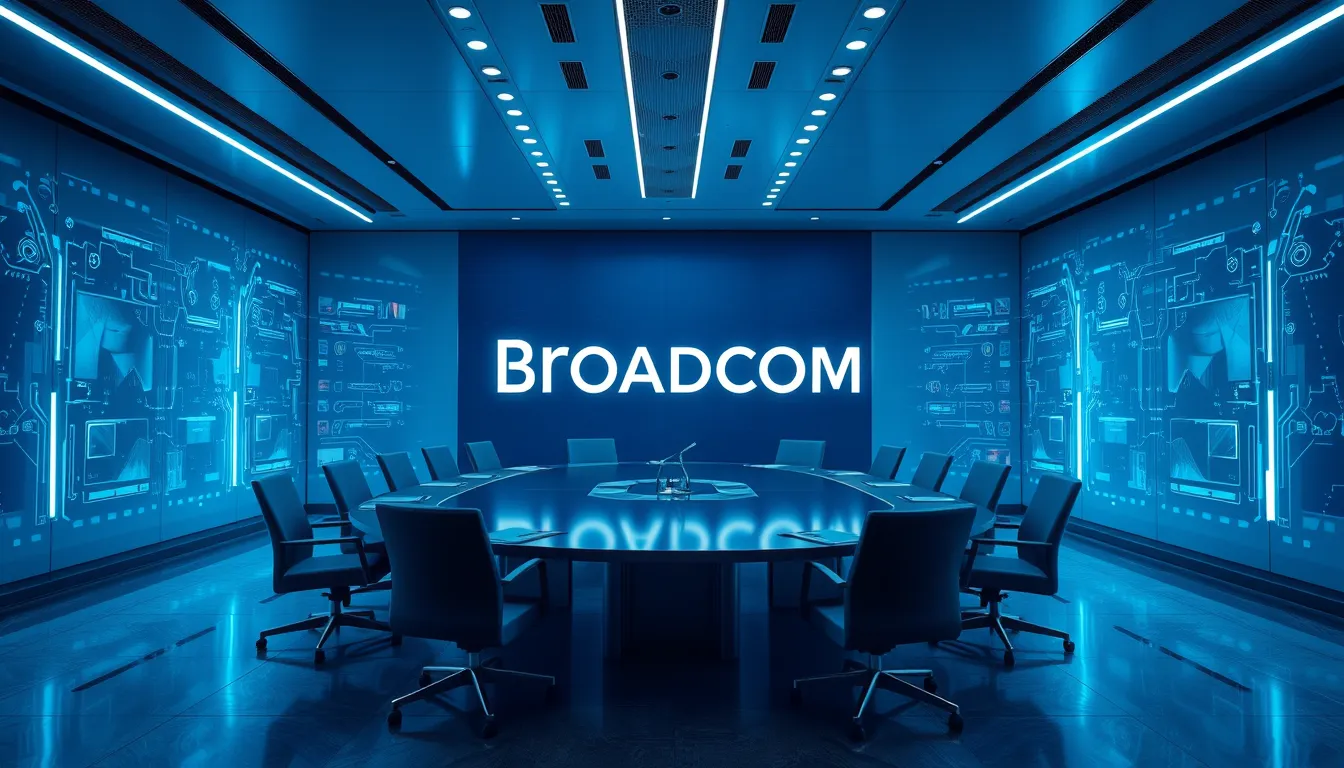Now Reading: Transforming Digital Content Licensing & AI Compensation
-
01
Transforming Digital Content Licensing & AI Compensation
Transforming Digital Content Licensing & AI Compensation

Transforming Digital Content Licensing & AI Compensation
Digital technologies are continuously reshaping the media landscape. One of the most transformative changes currently taking place is the reformation of digital content licensing, especially as it relates to AI accountability and fair compensation. As artificial intelligence advances, the ethical use of copyrighted material in AI training and the need for proper compensation have become critical topics.
Introduction
A sweeping change is on the horizon for digital media. A revolutionary licensing system is emerging that holds AI companies financially accountable for using online content without proper compensation. This new initiative, aligned with the RSL Standard Licensing framework, is designed to guarantee that digital publishers and content creators are duly remunerated when their works are employed in training sophisticated AI models. With the rapid transformation of content consumption and the expansion of digital media rights, this framework is set to reshape the economic dynamics of the industry.
Understanding the New Digital Content Licensing Framework
The digital content licensing system is built on principles of fairness, transparency, and sustainability. Its core objective is to ensure that as AI platforms grow, the original creators and digital publishers receive due compensation. Important elements of this framework include:
- Predefined standards for content usage
- Fair fee structures for AI companies
- Clear guidelines on the ethical use of copyrighted materials
RSL Standard Licensing and its Impact
Under the RSL Standard Licensing model, AI companies are now facing structured negotiations similar to traditional media deals. This change is crucial because it sets the stage for negotiating digital media rights in an industry where autonomous systems are becoming the norm. Digital content licensing isn’t simply about revenue—it reflects the ongoing commitment to respecting creative labor and intellectual property. As content creators see this shift, it reinforces the trust that their work is valued and protected.
AI Accountability and Ethical Content Use in AI Training
The implementation of a new licensing system paves the way for greater AI accountability. With ethical concerns at the forefront, there is an increasing focus on how the digital content used for machine learning is sourced and compensated. This encompasses several crucial areas:
- Ethical Content Sourcing: Ensuring that content creators are credited and compensated for their digital media contributions.
- Transparent Licensing Fees: Establishing clear fee structures that reflect the value of original content.
- AI Training Data Integrity: Setting rules on the ethical use of copyrighted material in AI training.
The Role of Digital Platforms in the Transformation
Major digital platforms stand to benefit immensely from this licensing reform. Platforms like:
have long been bastions of community-driven media and diverse content. Historically, these sites and countless independent publishers struggled when AI companies used their content without financial acknowledgment. With the proposal for a structured digital content licensing system, these challenges are being addressed head-on.
Industry Perspectives and Future Implications
Industry experts are divided over the new framework. Proponents stress that fair compensation is not only a matter of copyright but also essential to nurturing a vibrant content ecosystem. They argue that a system based on digital content licensing and AI content compensation will encourage more investment in quality creative work. In contrast, critics fear that additional licensing fees might slow down AI development by increasing costs.
However, even among skeptics, there is growing recognition that innovation must not come at the expense of the creative community. The following points summarize the broader implications of this digital content licensing evolution:
- It sets an industry standard for ethical content use.
- Creates potential for new revenue models that sustain quality content production.
- Influences regulatory policies on digital media rights globally.
The framework’s success may serve as a blueprint for future policies addressing the intersection of digital media and AI. Governments and regulatory bodies will likely look to this model when crafting new laws, ensuring that both technological progress and creative efforts are upheld.
Conclusion
In conclusion, the evolution of digital content licensing marks a pivotal moment for both the digital media and AI industries. By implementing a transparent and fair licensing system, stakeholders ensure that original content creators are not overshadowed by technological advancements. This initiative is a call to balance innovation with ethical practices, leading to a digital ecosystem where every contributor is rewarded. As the industry braces for substantial changes, all eyes are on the success of this framework in setting a new norm for AI accountability and fair compensation. The future of digital content licensing promises a more inclusive and equitable digital future—where innovation meets respect for creative labor and intellectual property.

























